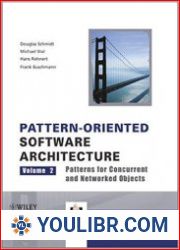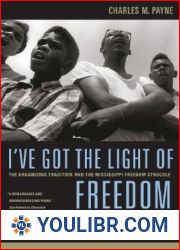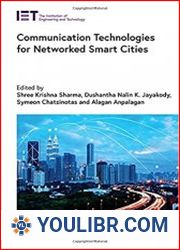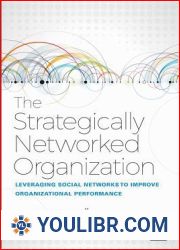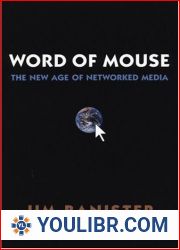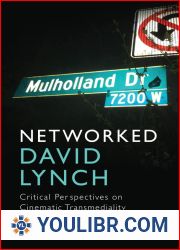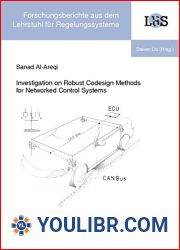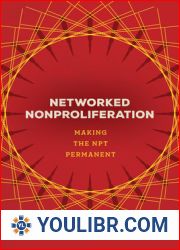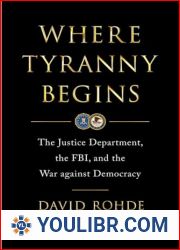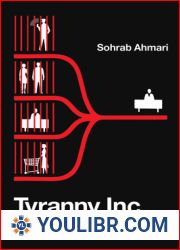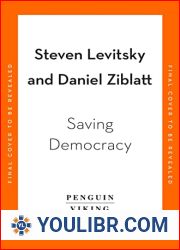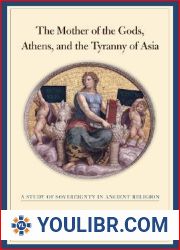
BOOKS - Networked Governance of Freedom and Tyranny: Peace in Timor-Leste (Peacebuild...

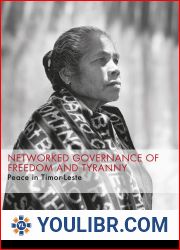
US $9.61

332409

332409
Networked Governance of Freedom and Tyranny: Peace in Timor-Leste (Peacebuilding Compared)
Author: John Braithwaite
Year: March 29, 2012
Format: PDF
File size: PDF 34 MB
Language: English
Year: March 29, 2012
Format: PDF
File size: PDF 34 MB
Language: English
This book offers a new approach to the extraordinary story of Timor-Leste. The Indonesian invasion of the former Portuguese colony in 1975 was widely considered to have permanently crushed the Timorese independence movement. Initial international condemnation of the invasion was quickly replaced by widespread acceptance of Indonesian sovereignty. But inside Timor-Leste various resistance networks maintained their struggle, against all odds. Twenty-four years later, the Timorese were allowed to choose their political future and the new country of Timor-Leste came into being in 2002. This book presents freedom in Timor-Leste as an accomplishment of networked governance, arguing that weak networks are capable of controlling strong tyrannies. Yet, as events in Timor-Leste since independence show, the nodes of networks of freedom can themselves become nodes of tyranny. The authors argue that constant renewal of liberation networks is critical for peace with justice - feminist networks for the liberation of women, preventive diplomacy networks for liberation of victims of war, village development networks, civil society networks. Constant renewal of the separation of powers is also necessary. A case is made for a different way of seeing the separation of powers as constitutive of the republican ideal of freedom as non-domination. The book is also a critique of realism as a theory of international affairs and of the limits of reforming tyranny through the centralised agency of a state sovereign. Reversal of Indonesia's 1975 invasion of Timor-Leste was an implausible accomplishment. Among the things that achieved it was principled engagement with Indonesia and its democracy movement by the Timor resistance. Unprincipled engagement by Australia and the United States in particular allowed the 1975 invasion to occur. The book argues that when the international community regulates tyranny responsively, with principled engagement, there is hope for a domestic politics of nonviolent transformation for freedom and justice. John Braithwaite and Hilary Charlesworth work in the Centre for International Justice and Governance, Regulatory Institutions Network, The Australian National University. Aderito Soares is the Anti-Corruption Commissioner for Timor-Leste.








